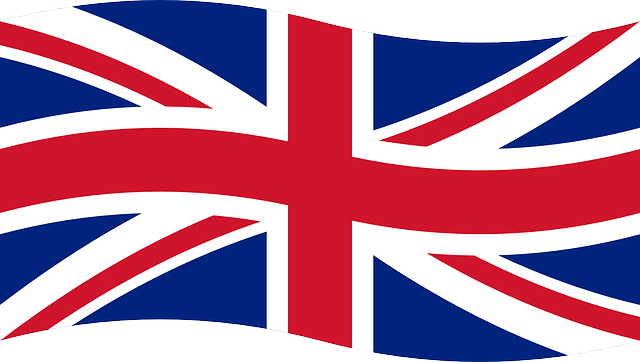 According to the Office for National Statistics, Britain's inflation rose 1.5 percent (year-to-year) in November for the second consecutive month (the lowest figure since November 2016), remaining behind the bank's target and against the analysts expectations, who foresaw a 1.4 percent increase. Core inflation remained at 1.7 percent, just as it was expected.
According to the Office for National Statistics, Britain's inflation rose 1.5 percent (year-to-year) in November for the second consecutive month (the lowest figure since November 2016), remaining behind the bank's target and against the analysts expectations, who foresaw a 1.4 percent increase. Core inflation remained at 1.7 percent, just as it was expected.
“The headline rate of inflation remained steady with prices rising across a variety of goods and services such as chocolate, concert tickets and package holidays, offset by falling hotel costs and cigarette prices rising substantially slower than this time last year,” stated an ONS statitician.
According to the ONS , this boost is mostly due to an increase in housing, water, electricity, gas and other fuels prices. Accommodation services and tobacco prices went down.
Last time the Bank of England's monetary policy committee met they decided to leave the cash rates steady at 0.75 percent. On their November Monetary Policy Report they stated that they expect inflation levels to fall further due to lower utility bills, though they expects a surge afterwards.
Germany's Producer Prices Fell in November, as Business Climate Improved
German producer prices went down by 0.7 percent (year-to-year) in November, a bit more than what analysts expected, who foresaw a 0.6 percent decline. Excluding energy prices, it went down by 0.2 percent, after falling 0.3 percent in October.
Producer prices, which have been falling for three months, reached their lowest level since 2016. This is mostly due to falling cost prices of intermediate goods (-2.1 percent decrease), falling energy prices (-3.4 percent drop). Durable consumer goods prices increased by 1.3 percent. Capital goods prices remained steady at 1.4 percent as non-durable consumer goods prices increased by 2.6 percent, from the previous month's 2.3 percent.
The business climate index climbed to 96.3 this month, hitting a six-month height, after increasing to 95.1 in November and against the analyst's expectations who foresaw an increase to 95.5.
These results mean that German producers gave a positive assessment of the economy. The sentiment improved among service providers increasing to 21.3, and among manufacturers (going up to -5.0 from November's -5.8). Traders were more pessimistic, as theirs went down to 0.0 from 0.9, just as the construction sector who went down from November's 20.3 to 17.9.
By 10:15 GMT the Pound Sterling fell by 0.13 percent against the US dollar, hitting the 1.3111 level. Conversely it went down against the Japanese Yen by 0.17 percent, at 43.47. The Euro dropped by 0.17 percent against the US dollar, falling to the 1.1134 and also fell by 0.17 percent against the Swiss Franc, at 1.0911.
